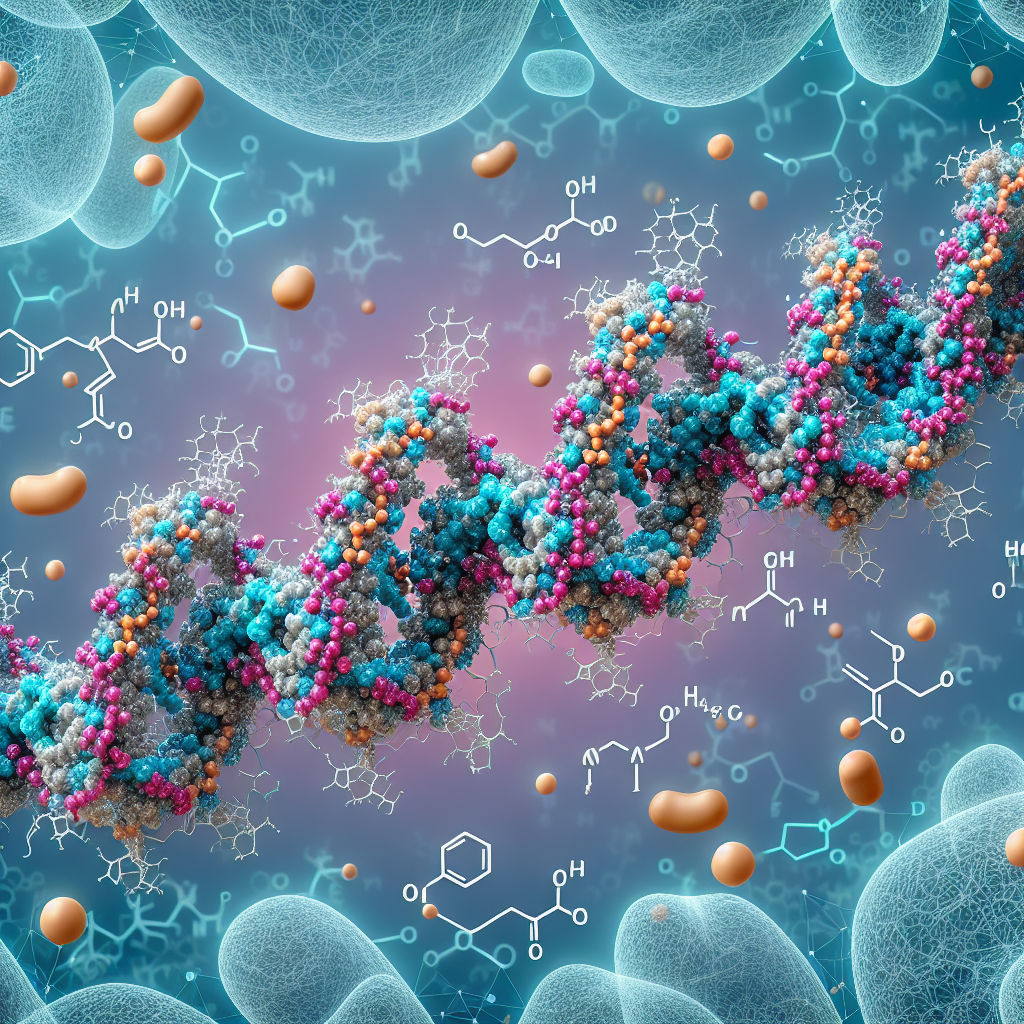Revolutionizing Insulin Production: A Breakthrough by IIT-Guwahati
Researchers at IIT-Guwahati have developed a novel method to produce human insulin utilizing Pseudomonas fluorescens, making insulin more affordable and accessible. Led by Veeranki Venkata Dasu, the technology offers a cost-effective, efficient solution and holds potential for manufacturing other therapeutic proteins, addressing a critical global health issue.

- Country:
- India
In a groundbreaking development, researchers at the esteemed IIT-Guwahati have unveiled an innovative method to produce human insulin. This could significantly impact global affordability and accessibility. Utilizing the bacterial system Pseudomonas fluorescens, the method promises a safer and more cost-effective approach to insulin production.
Led by Professor Veeranki Venkata Dasu, the research has secured two Indian patents and its findings have been published in notable journals including the International Journal of Biological Macromolecules and Journal of Biotechnology. With diabetes affecting over 537 million adults globally, this breakthrough is timely and crucial.
The newly developed bioprocess technology, grounded in Genetic, Metabolic, and Biochemical Engineering, not only aims at large-scale insulin production but also opens doors for producing other therapeutic proteins and industrial enzymes efficiently. IIT-Guwahati's innovation holds promise for transforming insulin production, bridging a significant gap in global health demands.










